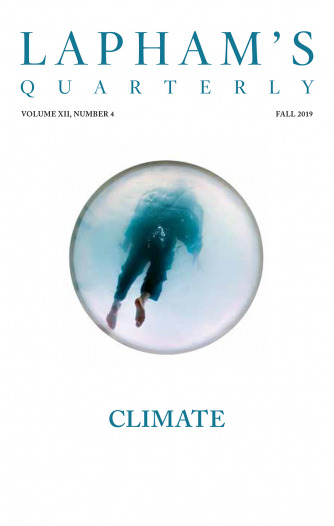Land of Sanuki,
rich in gemlike seaweed:
is it the land’s nature
that attracts our tireless gaze?
Is it the god’s nature
that inspires us with such awe?
This is the visage
of a god who will flourish
together with
heaven and earth, sun and moon:
thus we have been taught.
Arrived at Naka harbor,
we set out to sea,
and as we rowed onward,
a seasonal wind
began to blow in the sky.
In the offing,
surging waves towered high;
on the shoreline,
white waves came thundering in.
In dread of the sea,
that awesome place where men hunt whales,
we bent the oars
on our journeying boat.
There were many isles
scattered in this place and that,
but we made our shelter,
our rude hut, by the rocky strand
of Samine,
fair-named island of renown.
And there I saw you
fallen face down on a rough bed,
with only the shore
where the waves sound ceaselessly
to serve as pillow
on which to rest your head.
If I knew your house,
I would go there with tidings;
if your wife but knew,
she would come to seek you out.
But not knowing
even the way to follow,
she must be waiting
with anxious, yearning heart—
she, your beloved wife.
© 1991, the Board of Trustees of the Leland Stanford Jr. University.
“On Seeing a Dead Man Among the Rocks at Samine Island in Sanuki.” Most of what is known about Hitomaro’s life is gleaned from notes accompanying his poems in the eighth-century Collection of Ten Thousand Leaves, the oldest extant Japanese poetry collection. A minor member of the imperial court—many of his poems celebrate state events—he once wrote of leaving his wife to return to the capital, “Deep as the sea pine/was my love for a dear girl” when “we parted like creeping vines.” Hitomaro died sometime after 700.
Back to Issue





